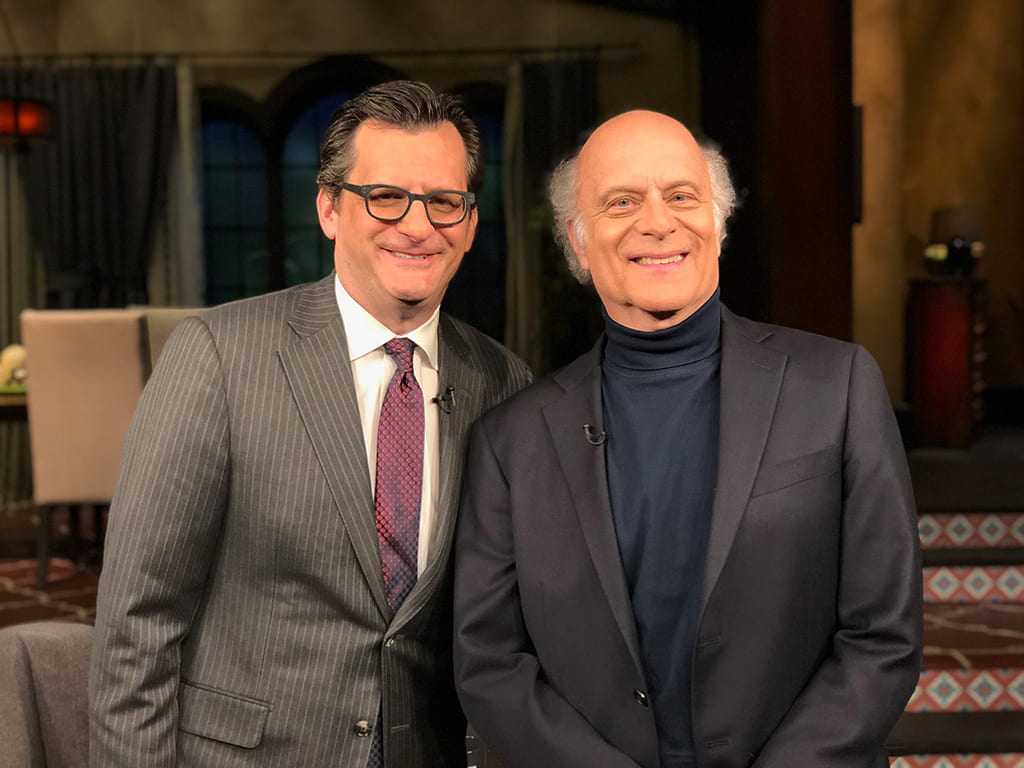UW-Green Bay helps others see immigration through a different lens
Programming begins in February for middle-schoolers, public
Green Bay, Wis. — The world is witnessing the highest levels of displacement on record, according to the United Nations High Commission on Refugees. More than 33,000 people are forced to flee their homes daily and more than 65 million forcibly were displaced people worldwide.
This displacement is concerning both globally and locally. The University of Wisconsin-Green Bay’s Humanistic Studies Program received a grant from the Wisconsin Humanities Council for a project — Displacement and Immigration: Through a Different Lens — to help middle school students and their families gain a deeper understanding about global displacement of people as well as local immigration.
In partnership with the Neville Public Museum, the students will see three films and a theatrical production with follow-up discussion about what leads to immigration — both what pushes people from their home countries and what draws them to their new homes — and the impact this displacement has on communities. Each event will be hosted by a UW-Green Bay faculty member who will lead a discussion and answer questions. In conjunction with the Green Bay Film Society, a second evening performance will be held for the general public, with the hopes that parents and others attend in order to continue the conversation at home.
The daytime events are for school children and educators. The evening events are free and open to the public. All presentations are at the Neville Public Museum, with the exception of the 7 p.m. March 27 presentation at St Norbert College’s Birder Hall.
The films explore:
- a Syrian refugee camp
- an undocumented Latina pursuing the arts in California
- and the odyssey of a Hmong family who waits in a Thai refugee camp before eventual settlement in the U.S.
The one-person theatrical performance tells the true story of a German-Jewish man who has the choice of secretly assimilating to the German culture by hiding his Jewish ancestry, or flee his homeland during World War II.
Films titles and summaries are as follows:
Salam Neighbor (USA, 2015)
To better understand refugee life, filmmaker Chris Temple spent one month living alongside displaced Syrian and Iraqi families in the Za’atari refugee camp. As the first filmmakers allowed inside a refugee camp, he was able to provide a never before seen look into the world’s most pressing crisis.
Feb 14 at 12:30 p.m. (Filmmaker Chris Temple will join us via Skype)
Feb 15 at 7 p.m.
The Mitzvah Project
Through one soldier’s story, this one-act play reveals the startling history of tens of thousands of “partial Jews” who served in Hitler’s military, most of whom were discharged in 1940. Nearly all were sent to forced labor camps — or worse. The short play is followed by a talk back with its actor/star engaging in socio-historical questions about identity, race and ethnicity.
March 27 at 7 p.m. at St Norbert College’s Birder Hall
March 29 at 12:30 p.m.
Becoming American (USA, 1982)
Hang Sou and his family await resettlement in a refugee camp in Thailand after fleeing their war-consumed native Laos. Becoming American records their odyssey as they travel to and resettle in the United States. As they face nine months of culture shock and prejudice, they gradually adapt to their new home in Seattle. Presented by Prof. Pao Lor and Prof. Christin DePouw (Education, UW-Green Bay)
April 18 at 12:30 p.m.
April 19 at 7 p.m.
Inocente (USA, 2012)
At 15, Inocente refuses to let her dreams of becoming an artist be caged by her life as an undocumented immigrant and homeless for the last nine years. Her colorful paintings create a world that looks nothing like her own dark past. Told in her own words, Inocente is a story about the transformative power of art and a timely snapshot of the new face of homelessness in America. Presented by Prof. Cristina Ortiz (Spanish, UW-Green Bay)
May 9 at 12:30 p.m.
May 10 at 7 p.m.
Wisconsin Humanities Council, Neville Public Museum, UW-Green Bay and the Green Bay Film Society are supporting this series. For more information, contact David Coury (couryd@uwgb.edu)
About the University of Wisconsin-Green Bay
The University of Wisconsin-Green Bay is a comprehensive public institution offering undergraduate and graduate programs to 6,700 students. The University transforms lives and communities through exceptional and award-winning teaching and research, innovative learning opportunities, and a problem-solving approach to education. For more information, visit www.uwgb.edu.
###
1703




